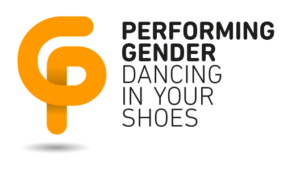RESOURCES
Here you find the three resources produced by the project.
Through them you can find and understand the traces left in the lives of the people and the organizations involved in these extraordinary three years of work together.
They are a Handbook on the whole experience made thanks to the qualitative and quantitative research of the University of Bologna, 5 documentary films made by British Council and, finally, the recommendations that the project partners deliver to cultural operators and policy makers locally, nationally and to the European Union.
Please, scroll down and enjoy them all!
What is it?
The final document where you can read all about the project and the research conducted in three years.
- to spread the legacy of the project by sharing methods, tools, challenges and learnings;
- to be a guide for those who will start a community-based art project;
- to provide a framework and recommendations for social impact evaluation in the field of performing arts.
Who is it for?
In depth contents are mainly for policymakers and cultural operators, but the narration of the experience, also from the voice of those who lived it, can also arouse the interest of those who generally like dance and want to know the approaches of artists or the process that led to the involvement of so many different communities.
Who wrote it?
The Handbook has been elaborated by the reasearch team affiliated with the Department of the Arts of Bologna University and its cultural laboratory, DAMSLab.
What is it?
Another document, but shorter, where you can read the highlights of the learnings and 5 key recommendations developed from the data analysis of research.
- to share the expertise developed in the years, especially in what is needed to make projects like this;
- to present the outline of the co-created knowledge achieved thorugh the project.
Who is it for?
Experts such as cultural operators, arts funders and cultural policymakers – whether at a municipal, regional, national, or transnational level.
Who wrote it?
The Recommendations were elaborated by the Department of the Arts (Unibo) research team and reworked by the British Council, together with the consortium partners.
What is it?
Five shorts films screened during the Brussels summit and available on Youtube.
- to investigate some of the key themes and artistic practices of the project;
- to explore ways that artists and arts organisations have collaborated with local cultural policymakers and communities to build projects with deep and lasting impact.
Who is it for?
For everyone! For policymakers but also broad audience. For those who want to retrace the project through images, for those who want to listen to the voices of the people involved, for those who participated in the project and want to relive the emotions.
Who made it?
The film project has been managed and produced by British Council.

